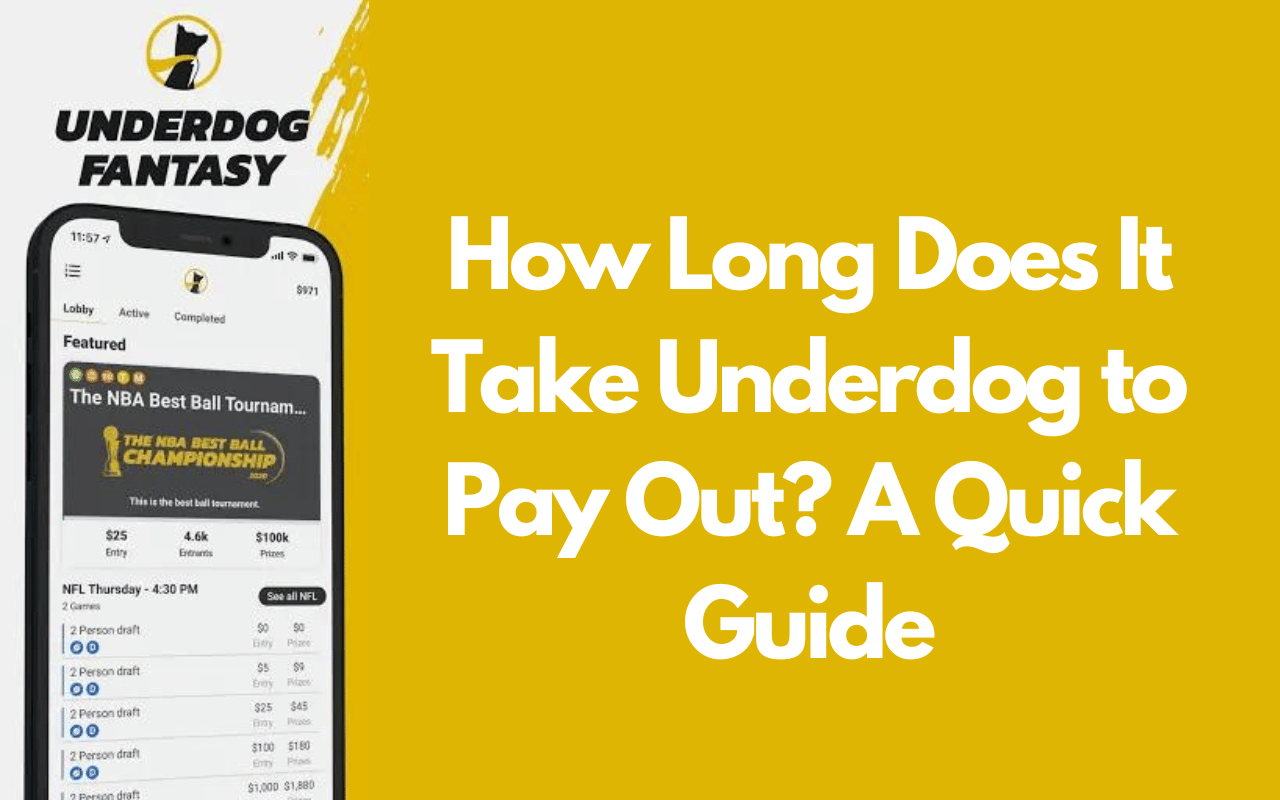Advance Tax Payment Online: Easy Guide for Timely Submission

Numerous bank branches have received authorization from the Income Tax Department to facilitate the payment of Advance Tax on behalf of the government. You have the option to visit any of these bank branches to fulfill your payment obligations. Alternatively, the online route is available for Advance Tax payments, accessible through the official website of the Income Tax Department.
- Advance Tax Payment Online: Easy Guide for Timely Submission
- Who is Liable to Pay Advance Tax?
Here’s a step-by-step guide for making an online Advance Tax payment:
- Visit the e-payment facility on the Income Tax Department’s website.
- Choose the appropriate form for Advance Tax payment, which is ITNS 280 for individuals.
- Select the correct code for Advance Tax, with the applicable code number being 100.
- Provide essential details such as PAN, name, address, email address, and contact number.
- Click on proceed, and you will be redirected to the net banking page or debit card payment gateway, based on your selection.
- Complete the Advance Tax payment transaction securely online.
- Following the payment, you will receive a receipt known as Challan 280 on the next screen. It is advisable to save a copy of the advance tax challan for future reference, especially during the time of filing your Income Tax Return (ITR).
Who is Liable to Pay Advance Tax?
Advance tax primarily applies to self-employed individuals, such as entrepreneurs, professionals, and freelancers. Additionally, Non-Resident Indians (NRIs) with an income exceeding Rs 10,000 in India are also obligated to fulfill their advance tax liabilities.
There are exemptions in place, and senior citizens without income from business and profession are not required to pay advance income tax. Salaried individuals, whose taxes are already deducted at the source when the salary is disbursed, are also exempt from paying advance taxes. This exemption extends to any assessee whose tax is deducted at source. For instance, if a freelancer works for two clients, one of whom deducts tax at source, while the other does not, advance tax is only applicable for the second client.
Starting from the Financial Year 2016-17, individuals opting for the presumptive scheme under the Income Tax Act must fulfill their entire advance tax payment on or before the 15th of March. A grace period of 15 days, until March 31st, is allowed. The presumptive taxation scheme caters to small businesses, presuming the business income at 8% of the turnover or gross receipts for the given business year. If the gross receipts/turnover is received through an account payee bank draft, account payee cheque, or electronic clearing system, the business income should be calculated at 6% of the turnover. The resulting amount becomes the final taxable income for the business, and advance tax must be paid accordingly.
Frequently Asked Questions about Advance Tax
Q: Is advance tax mandatory?
As per Section 208 of the Income Tax Act 1961, individuals with an estimated tax liability exceeding Rs. 10,000 for the year are obligated to pay advance tax. However, senior citizens aged 60 years and above, without income from business or profession, are exempt from this requirement.
Q: Will any tax paid until March 31 be considered as advance tax?
Yes, any tax payment made until March 31 will be treated as an advance tax payment.
Q: Can deductions under Section 80C be claimed while estimating income for advance tax?
Certainly, you can factor in all eligible deductions, including those under Section 80C, when estimating your annual income for calculating advance tax liability.
Learn more about Section 80C.
Q: Can advance tax payments be made at a bank branch?
Certainly, advance income tax payments can be made at a bank branch.
Q: What are the exemptions in advance tax payments?
- Senior citizens aged 60 years and above are exempt from paying advance tax.
- Salaried individuals under TDS net are exempt, but earnings from other sources like capital gains, interest income, rent, or other non-salary income attract advance tax.
- If the TDS deducted exceeds the tax payable for the year, no advance tax is required.
Q: What are the benefits of paying advance tax?
- Reduces taxpayer stress by eliminating concerns about money shortages or last-minute payments.
- Expedites the tax collection process.
- Helps avoid defaulting on payments.
- Increases government funds, allowing the government to earn interest on the collected amount.
- Assists businesses in financial management, providing insights into the income earned during the year.
Q: What penalties apply if advance tax is not paid on time?
Failure to pay advance tax by the due date incurs a penalty of 1%.






This was a fantastic read. Your analysis of the latest tech trends is spot on and very informative.